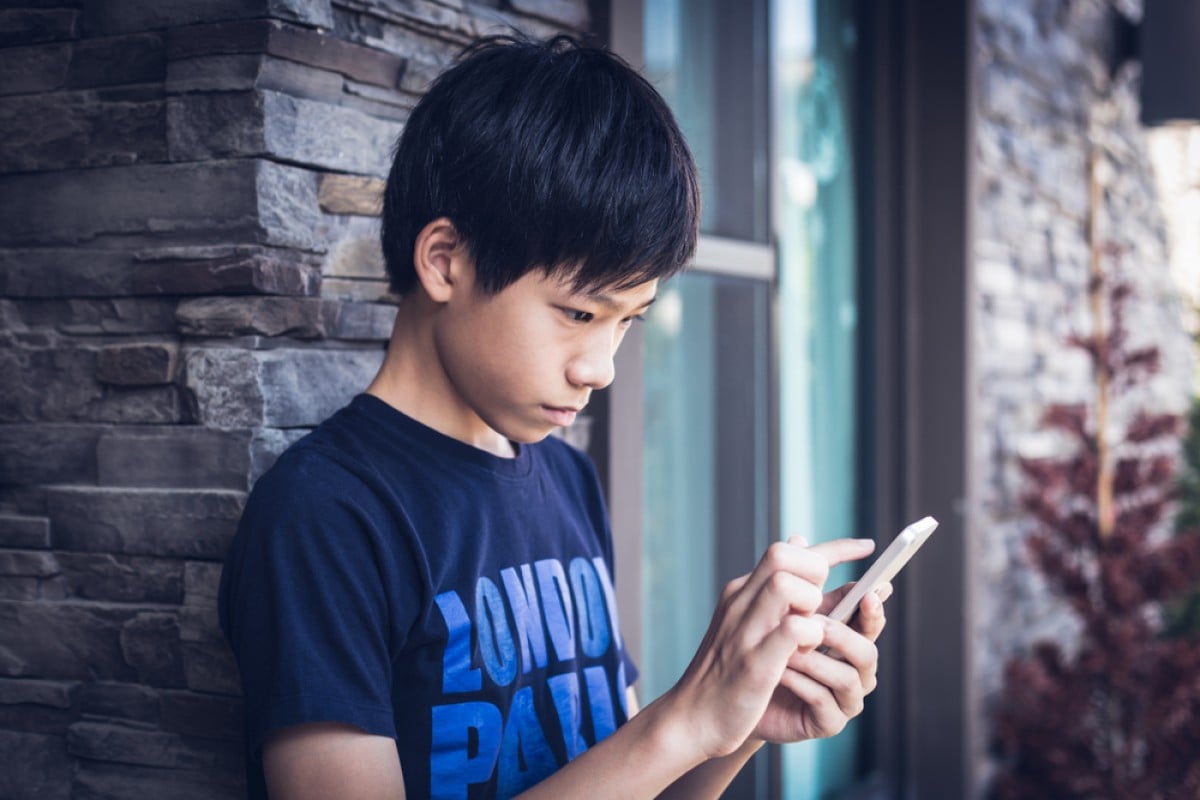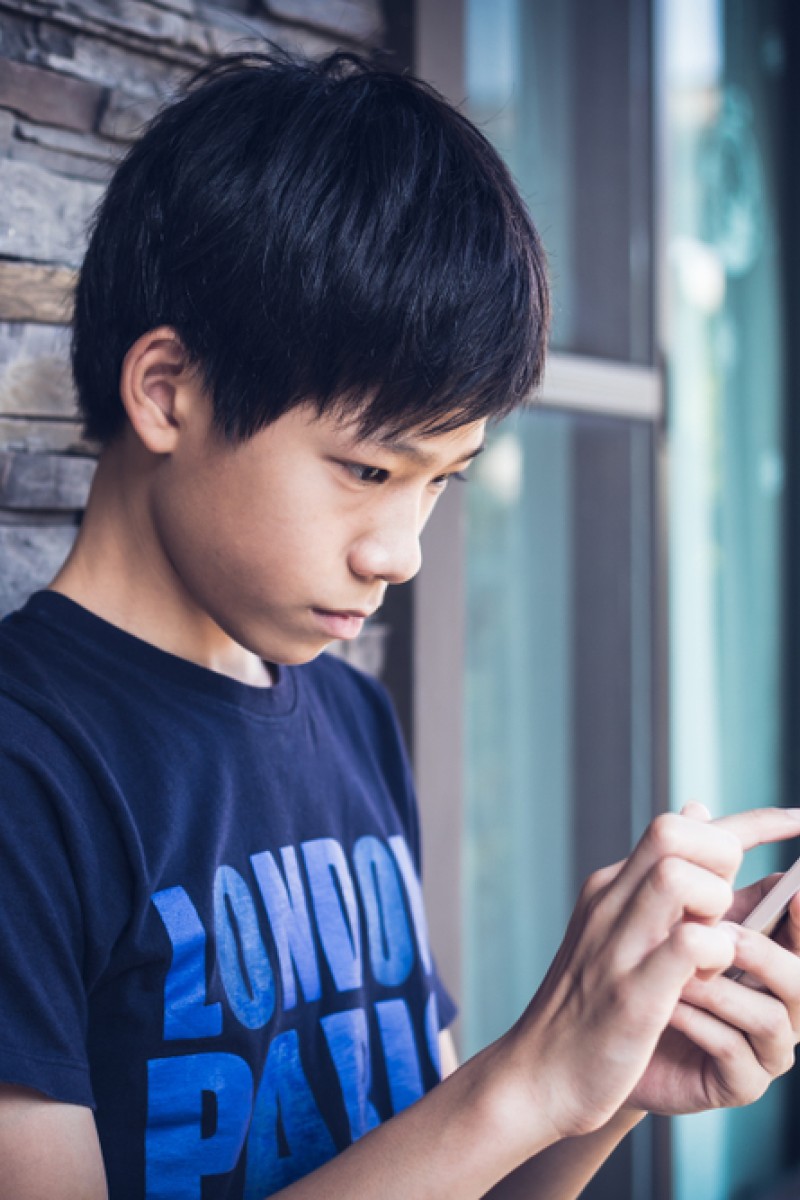
More than half of Hong Kong students have had their personal information leaked on the internet without their consent, according to a new study on cyberbullying.
The study, which was conducted by Edward Chan, a professor of social sciences at Hong Kong Polytechnic University, focused on doxxing; this means to search for and publish private information about someone on the internet, usually with a malicious intent.
The findings of the study were released at a symposium held by the University of Hong Kong (HKU) on Tuesday, where scholars also discussed legal reforms to address cyberbullying.
5 tips to stay safe on social media
The study, which surveyed 2,120 secondary school students from Form Two to Form Five, found that 54.7 per cent of them were victims of doxxing. Of those, 31.4 per cent said that their photos and videos were published online without their consent. Slightly more than half (50.7 per cent) of the interviewees also said that their classmates were most likely to be the ones who leaked this information.
Among those who had been victims of doxxing, 12.5 per cent said they felt severely depressed, whilst 17.1 per cent said they experienced anxiety. But 66.4 per cent said that when they found out their information had been shared, they didn’t do anything about it.
The study also revealed that 12.1 per cent of respondents had doxxed someone else. Their targets were more likely to be their friends (53.2 per cent) than someone they disliked (50.7 per cent).
How one HKIS student wants to end cyber bullying and abuse at school
Sixty one per cent of students said that if they saw their classmates being cyberbullied, they would follow up the incident. But 33.1 per cent they would ignore an incident if it involved someone they didn’t like.
Law professor Anne Cheung, from HKU, says the law regarding cyberbullying in Hong Kong isn’t doing enough to protect internet users. She says there should be a more specific standard to measure the harm and effect of cyberbullying, pointing to New Zealand’s Harmful Digital Communications Act 2015 as a good example. This Act takes into account the extremity of the language used, the age and characteristics of the victim, and how widely a message has been circulated.

